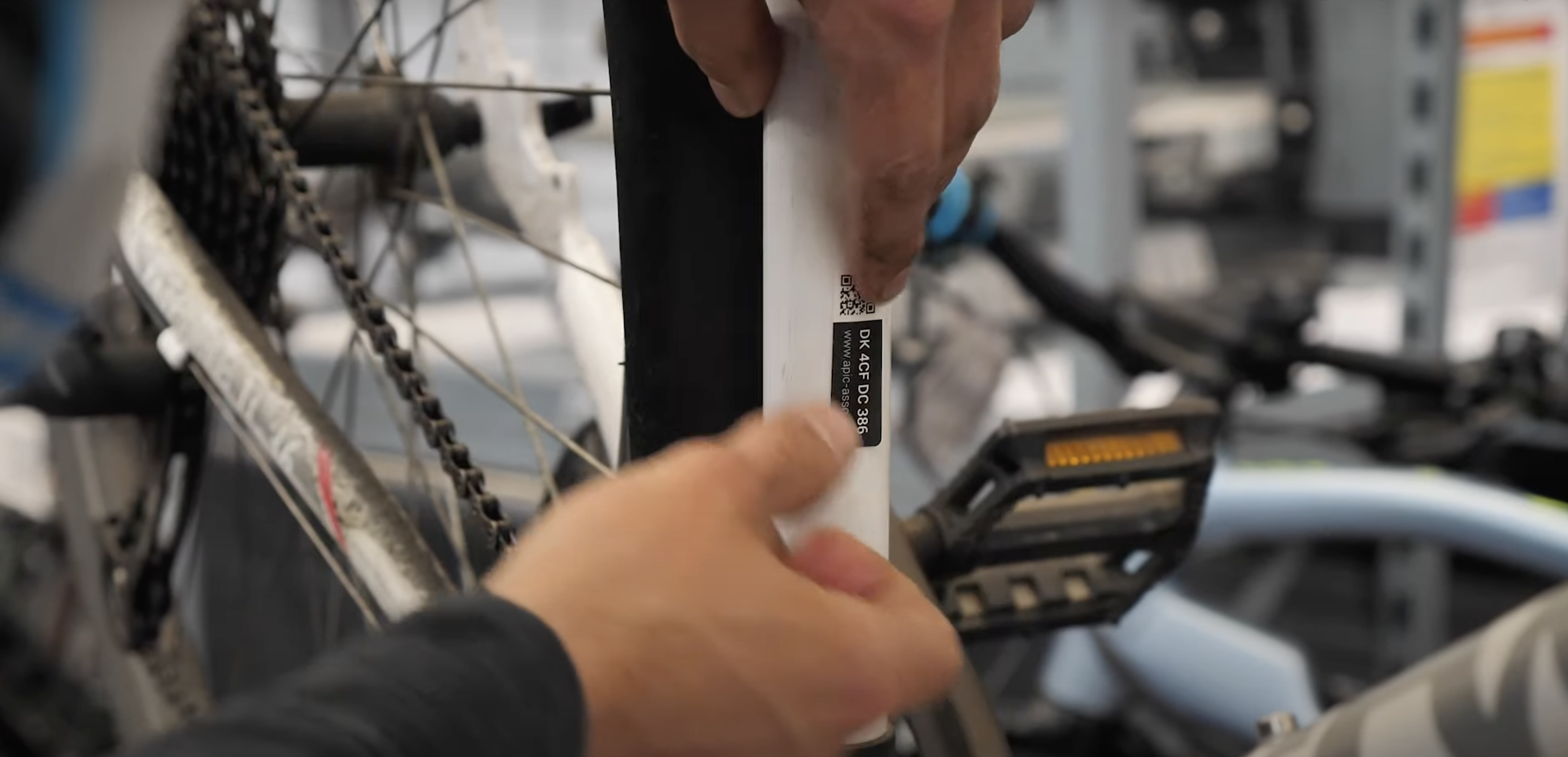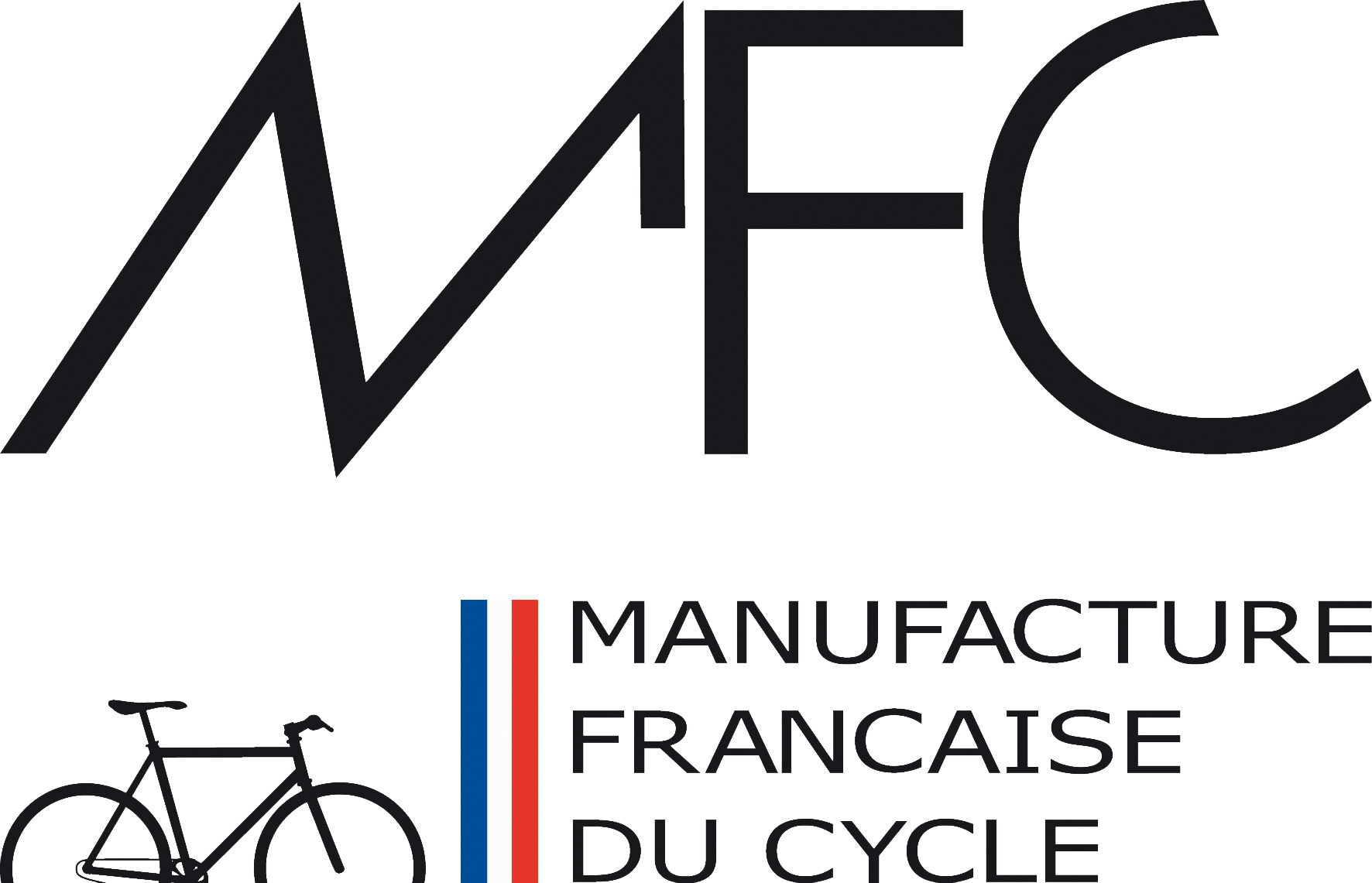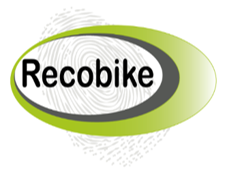
Why APIC was created ?
Every year, thousands of recovered bicycles cannot be returned to their owners because they have no identification. This problem prompted the government to act.
In 2021, the Ministry of Transport and the Ministry of the Interior and Overseas Territories issued a decree making it mandatory for all bicycles sold by retailers to be registered. This was a key step forward in the “active mobility” component of the Mobility Orientation Law (LOM), which aims to establish cycling as a fully recognised mode of transport.
To support this new requirement, the French Federation of Bicycle Users (FUB) and the Union of Sports & Cycle Enterprises (USC) joined forces in 2020 to create APIC. The USC represents distributors, who must comply with the registration rules, while the FUB represents cyclists, the main victims of theft.
With their strong networks of members and supporters, it was natural for these two organisations to unite within an association dedicated to promoting and developing the national bicycle registration system.































